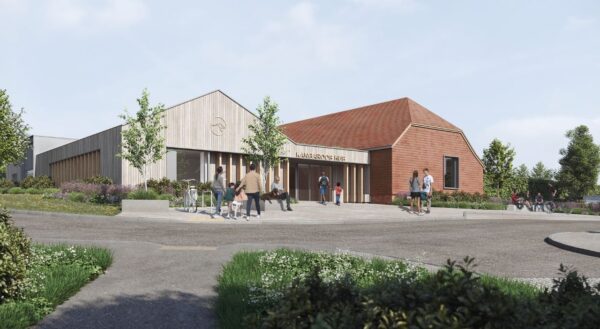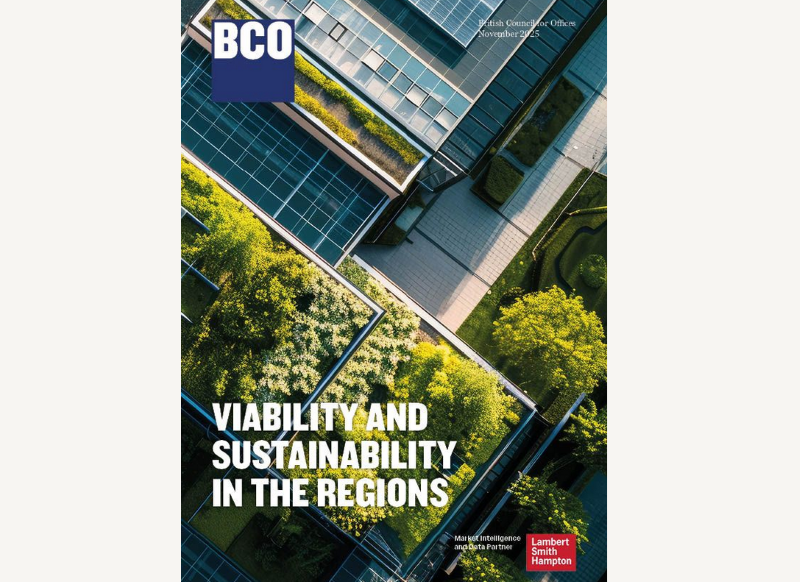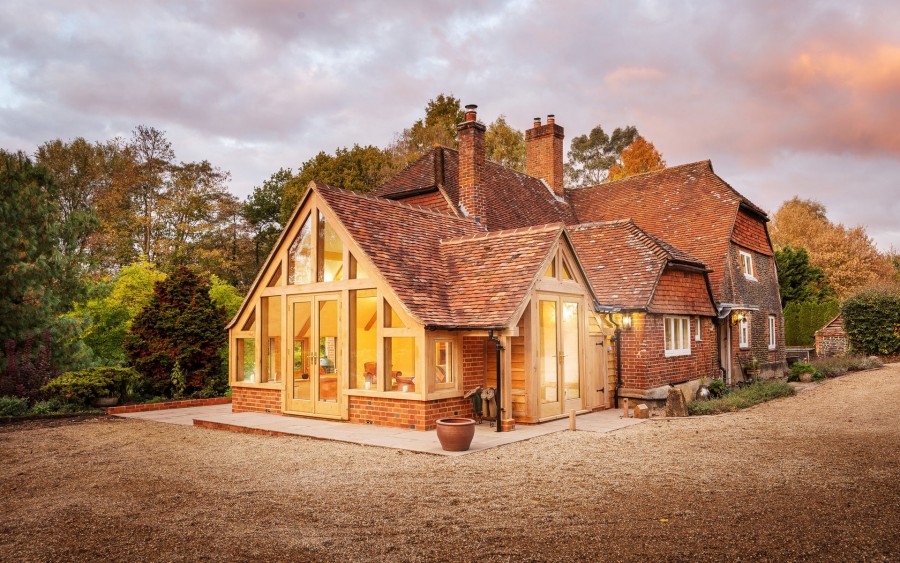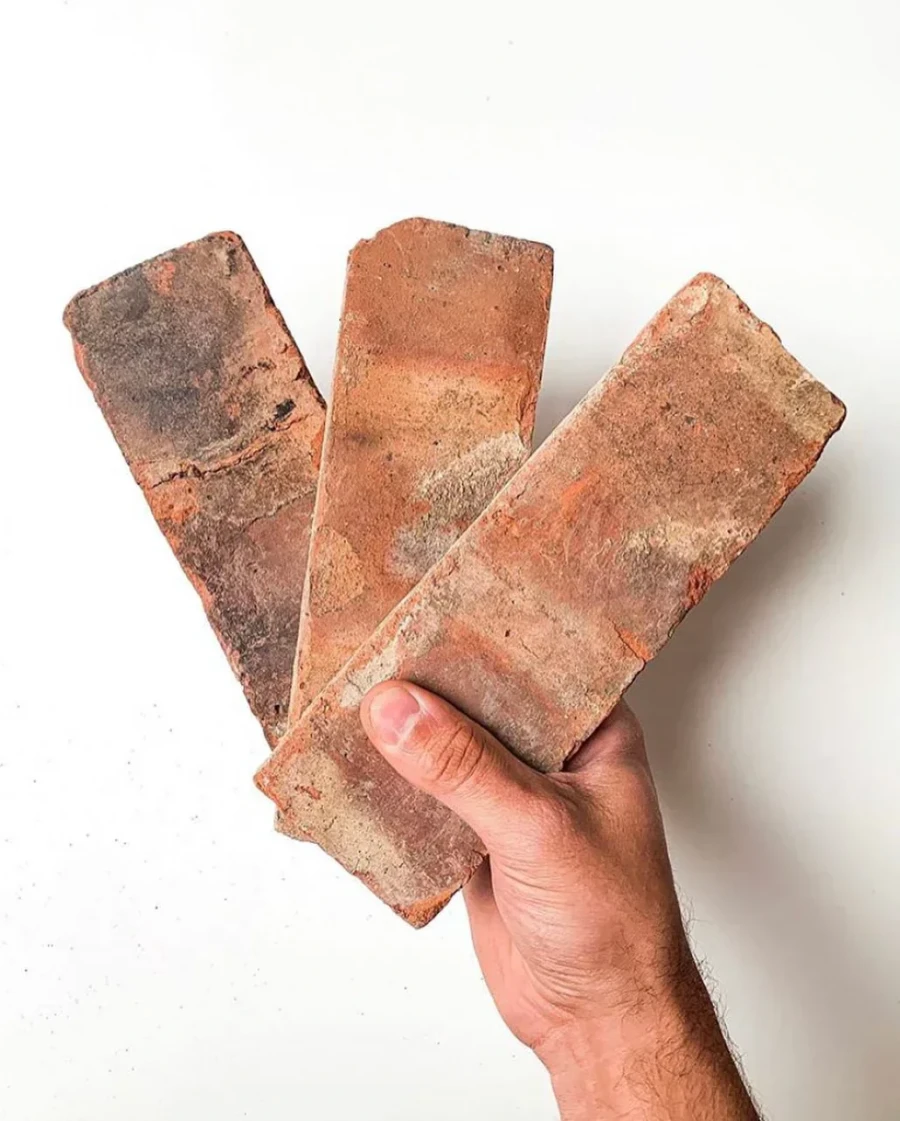Cash-strapped UK travellers faced hotel price rises last year in more than two thirds of their favourite destinations, according to a new global report released today.
The latest Hotels.com Hotel Price Index (HPI), the most comprehensive survey of room rates in the world, reveals increases in 69 of the 88 city or resort locations analysed across the world.
The fluctuating value of the Pound and a growing demand for hotels, especially from international business executives, helped to push up the global average price by 4%. However, this masked some dramatic swings in the cost of accommodation caused by historic political events including the Arab Spring and natural disasters such as the Japanese earthquake.
David Roche, President of Hotels.com, which scrutinised prices paid in 142,000 properties in over 85 countries, said: “Price volatility in 2011 meant UK travellers found it more expensive to stay in the majority of their favourite destinations abroad.
“A variety of factors, including currency movements and a growth in corporate travel, pushed up prices at a time when many consumers were already struggling to pay their bills at home.
“However, it must be stressed that room rates were still generally lower than they were in 2005 meaning hotels represented outstanding value for the hard-pressed holidaymaker looking to escape austerity Britain.“
Last year, prices fell 2% in Asia year-on-year but rose in all other areas: 8% in the Pacific, 5% in North America, 4% in Latin America, 3% in the Caribbean and 2% in Europe and the Middle East.
Demand rises in US cities
UK travellers found that hotel rooms in some of their favourite US destinations were more expensive with an average 3% rise across the States.
There was less discounting amongst hoteliers in 2011 than in 2010 and business travellers drove up room demand and prices, with convention centres such as San Francisco and Las Vegas up 14% and 11% to £113 and £78 respectively. New York rose 4% to £173.
Prices up Down Under
The average hotel price in Australia rose 13% to £108 reflecting the country’s strong currency and robust economy. Brisbane, which was hit by extensive flooding in January 2011, saw a 26% rise to £110 as business travel recovered quickly.
There was also a 12% rise in New Zealand to £73, fuelled by high demand around the Rugby World Cup in September-October. Earthquake-hitChristchurch saw a 41% rise to £81, the highest increase in the survey.
Prices keep building in BRIC nations
The strength of the booming BRIC economies of Brazil, Russia, India and China was also largely reflected in hotel rates as corporate demand increased along with domestic custom.
Rio de Janeiro was up 13% to £156, Moscow rose 9% to £164, and Hong Kong climbed 18% to £119, boosted by strong business as well as consumer interest from the Chinese mainland.
Natural and political events leave their mark
Asia was the only region to experience a price fall in average rates, down 2%, partly due to devastating natural catastrophes. TheJapanese earthquake in March 2011 saw price cuts in Hiroshima by 16% to £67 and in Kyoto by 11% to £91. Asian destinations offered the lowest rates, with Phnom Penh on just £40 a night.
The Arab Spring protests and war in Libya hit prices across the Middle East and North Africa with average rates falling in Egypt by 22%, in Tunisia by 9%, in Lebanon, which borders Syria, by 21% and in Qatar by 27%.
However, the Omani capital of Muscat was the most expensive city featured in the HPI at £219 with demand fuelled by luxury-seeking travellers from Europe, especially Germany.
Mixed picture in Europe
London prices rose marginally by 1% to £115 but many traditional European city break destinations experienced steeper price rises caused by the Euro’s relatively strong performance against the Pound. Amsterdam increased 9% to £116 and Venice and Barcelona were up 8% to £137 and £104 respectively.
The effects of the Greek debt problem triggered a 10% slump to £80 in Athens. However, despite similar economic difficulties, Dublin prices rallied 7% to £73, helped in part by the May 2011 visits of US President Barack Obama and the Queen which raised theprofile of the city.
There were also significant price rises in the Baltic states with Increased demand from travellers searching for low cost destinations. Average room rates climbed in Lithuania by 14% to £55, in Estonia by 11% to £60 and in Latvia by 8% to £57.
The negative perception of the Middle East had a knock-on effect with many travellers switching their holiday plans to safer southernEuropean destinations, such as Ibiza, up 39% to £115.
For a full copy of the HPI report (live from 05:00 hrs GMT 13 March 2012), graphics and video interview with Hotels.com President David Roche go to: http://www.multivu.com/mnr/53785-hotels



















